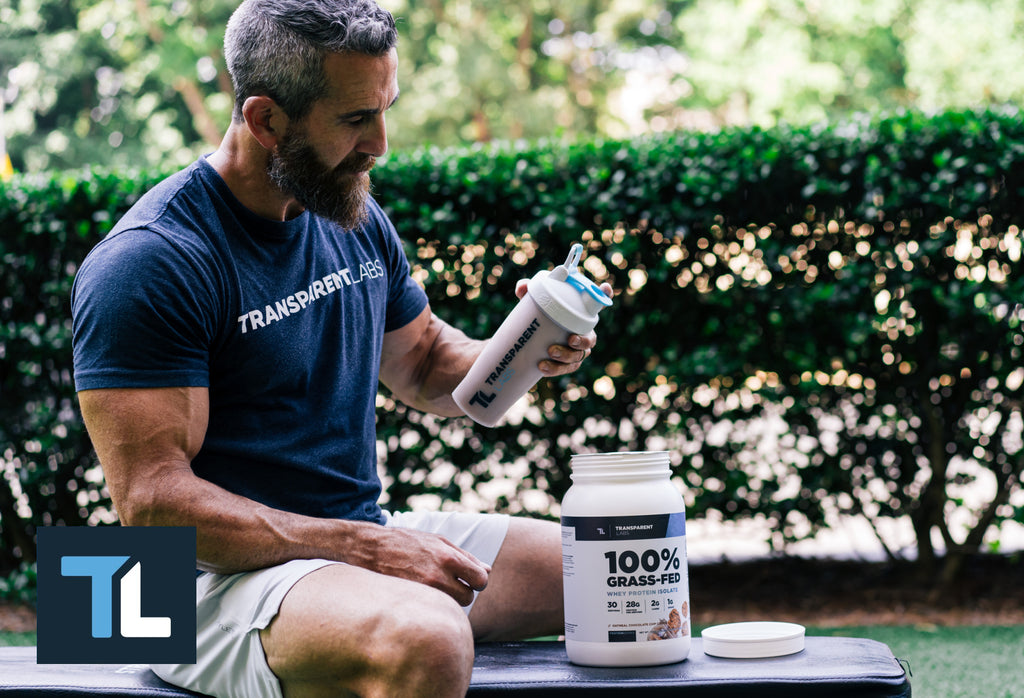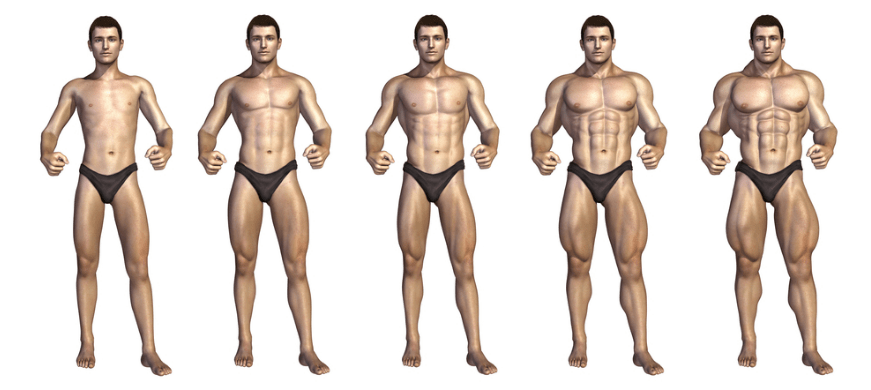A natural bodybuilder can gain 8-12 pounds of muscle in a year. This depends on genetics, diet, and training consistency.
Building muscle naturally requires dedication and a strategic approach. For those starting out, initial gains can be more noticeable. Beginners might experience rapid muscle growth due to the body’s response to new stimuli. Consistent training, proper nutrition, and adequate rest are essential.
As time progresses, muscle gains tend to slow down. Intermediate and advanced lifters will see slower progress. Genetic factors also play a significant role in muscle-building potential. A well-rounded fitness regimen, including compound exercises, can optimize muscle growth. Tracking progress and adjusting routines are key for continued development.
Factors Influencing Muscle Gain
Genetics play a big role in muscle gain. Some people build muscle faster. Others may struggle despite hard work. Muscle fiber type can also impact muscle growth. Fast-twitch fibers grow bigger than slow-twitch fibers.
A good training regimen is crucial. Consistency in workouts helps muscle growth. Weightlifting is key to building muscles. Progressive overload means lifting heavier weights over time. This technique is essential for gaining muscle mass.
Diet and nutrition are vital for muscle gain. Protein intake should be high. Carbohydrates give energy for workouts. Fats are also important for overall health. Proper nutrition helps in muscle recovery and growth.
Rest and recovery are often overlooked. Muscles grow during rest, not workouts. Sleep is essential for recovery. Aim for 7-9 hours of sleep each night. Taking rest days prevents overtraining and injuries.

Credit: www.seannal.com
Realistic Muscle Gain Estimates
Beginners can expect the most gains in their first year. They can gain up to 20-25 pounds of muscle. This is due to the body adapting quickly to new stress. Eating well and consistent training help maximize these gains.
After the first year, muscle growth slows down. Bodybuilders can gain around 5-10 pounds of muscle each year. Progress is slower but still possible. Proper diet and varied workouts are crucial to continue growth.
Men and women gain muscle at different rates. Men can build muscle faster due to higher testosterone levels. Women can still make significant gains but usually at a slower pace. Women can expect to gain about half the muscle that men do.
Effective Training Strategies
Progressive overload is key for muscle growth. It means gradually increasing the weight or reps. This keeps your muscles challenged. Consistent progress is essential. Aim to lift more over time.
Training frequency matters for muscle growth. Most experts suggest 3-4 days per week. This gives muscles time to recover. Rest is just as important as training.
Choose the right exercises for best results. Focus on compound movements like squats and deadlifts. These work multiple muscle groups at once. Isolation exercises like bicep curls also help. Balance your routine for optimal gains.

Credit: m.youtube.com
Nutrition For Muscle Growth
Protein is crucial for muscle growth. Aim for 1.6 to 2.2 grams per kg of body weight. Carbohydrates provide energy for workouts. Consume about 3 to 5 grams per kg of body weight. Fats support hormone production. Include 0.5 to 1 gram per kg of body weight. Balance these macronutrients for optimal muscle gain.
Eat small meals every 3 to 4 hours. This keeps your energy levels up. Pre-workout meals should include protein and carbs. Post-workout meals should focus on protein for muscle repair. Don’t skip breakfast; it kickstarts your metabolism. Bedtime snacks can prevent muscle breakdown overnight.
Protein powders help you reach daily protein goals. Creatine increases strength and muscle mass. Branched-chain amino acids (BCAAs) reduce muscle soreness. Multivitamins fill in nutritional gaps. Always consult a doctor before starting any supplements.
Importance Of Recovery
Good sleep is crucial for muscle growth. Deep sleep helps in muscle repair. Aim for at least 7-9 hours every night. Poor sleep can slow down progress. Quality matters more than just hours. A dark, quiet room helps improve sleep quality.
Light activities aid in muscle recovery. Walking, yoga, and stretching are great options. These activities increase blood flow. Better blood flow means better nutrient delivery. Active recovery helps reduce muscle soreness. It also keeps the body flexible.
High stress levels hinder muscle growth. Stress increases cortisol, a muscle-breaking hormone. Practice relaxation techniques like meditation. Deep breathing exercises can also help. Keeping stress low supports better recovery. A calm mind aids in better sleep.
Tracking Progress
Use a tape measure to track your muscle growth. Measure your arms, chest, and legs. Write down the numbers in a notebook. Check your measurements every month. Use a scale to track your weight. Take pictures to see changes over time. This helps you see your progress.
Change your workout plan if needed. Increase weights to challenge your muscles. Add new exercises to target different muscles. Rest is important. Make sure to get enough sleep. Eat a balanced diet to fuel your body. Consult a trainer for advice.
Set small goals to stay motivated. Celebrate each achievement. Find a workout buddy to stay accountable. Listen to music that pumps you up. Keep a positive mindset. Remember why you started. Stay focused on your goals.
Common Pitfalls
Overtraining happens when you exercise too much without enough rest. Muscles need time to recover and grow. Pushing too hard can lead to injuries. This can slow down your progress. Balance is key for muscle growth.
A balanced diet is crucial for muscle gain. Skipping meals or eating junk food can hinder progress. Consistency in protein intake supports muscle repair. Eating enough calories is also important. A steady diet helps achieve muscle goals.
Building muscle takes time. Many people expect quick results. This leads to frustration. Patience is essential for long-term success. Small, consistent gains add up over time. Focus on progress, not perfection.

Credit: naturallyintense.net
Frequently Asked Questions
How Much Muscle Can You Gain Naturally In A Year?
A natural bodybuilder can gain 10-20 pounds of muscle in a year. Progress depends on factors like diet, training, and genetics.
What Is The Optimal Diet For Muscle Gain?
An optimal diet includes high protein, complex carbs, and healthy fats. Consuming enough calories is essential for muscle growth.
How Often Should You Train To Build Muscle?
Training 3-5 times per week is ideal for muscle growth. Balance intensity and recovery for best results.
Does Age Affect Muscle Gain Potential?
Yes, age can affect muscle gain. Younger individuals generally build muscle faster than older adults due to hormonal differences.
Conclusion
Building muscle naturally takes dedication and time. A natural bodybuilder can expect to gain 5-10 pounds of muscle in a year. Consistency in training, proper nutrition, and adequate rest are key. Remember, individual results may vary. Stay patient, stay committed, and you’ll see progress.
Happy lifting!











